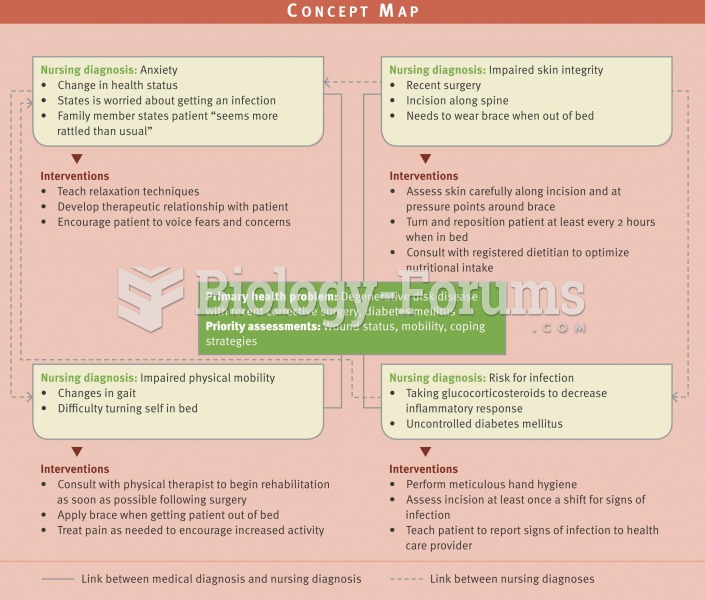|
|
|
Automated pill dispensing systems have alarms to alert patients when the correct dosing time has arrived. Most systems work with many varieties of medications, so patients who are taking a variety of drugs can still be in control of their dose regimen.
In the United States, there is a birth every 8 seconds, according to the U.S. Census Bureau's Population Clock.
After 5 years of being diagnosed with rheumatoid arthritis, one every three patients will no longer be able to work.
More than 150,000 Americans killed by cardiovascular disease are younger than the age of 65 years.
Hip fractures are the most serious consequences of osteoporosis. The incidence of hip fractures increases with each decade among patients in their 60s to patients in their 90s for both women and men of all populations. Men and women older than 80 years of age show the highest incidence of hip fractures.







